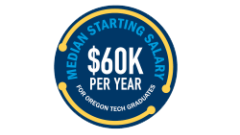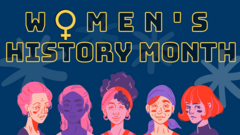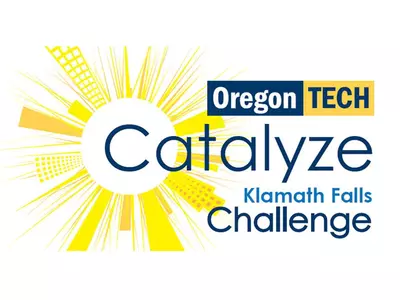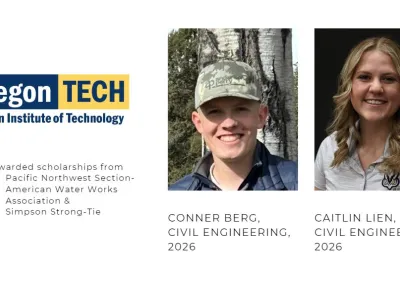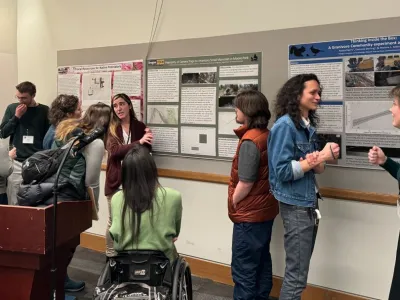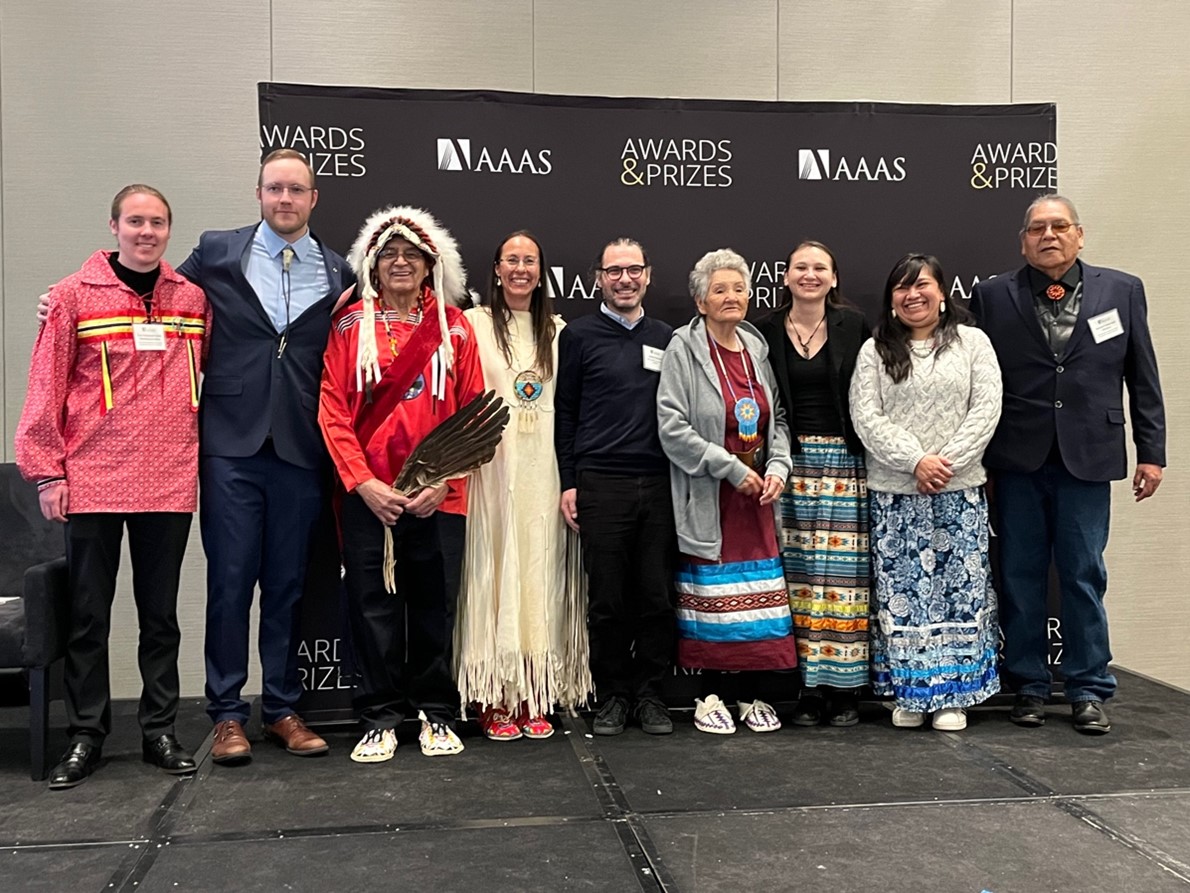
(c) Taku Skan Skan Wasakliyapi: Global Institute for Traditional Sciences
Oregon Tech is proud to announce that one of its students, Cruz Tecumseh Collin, is part of an interdisciplinary team that has been awarded the prestigious 2024 Newcomb Cleveland Prize from the American Association for the Advancement of Science (AAAS). The award, which comes with a $25,000 prize, was presented Feb. 16 at the annual meeting of the AAAS.
The winning publication, titled "Early Dispersal of Domestic Horses in the Great Plains and Northern Rockies," was a collaborative effort among Indigenous and western scientists from various parts of the world. The research, published in Science magazine in the spring of 2023, combined archaeozoological study, genomics, and traditional Indigenous scientific knowledge to reshape our understanding of the relationship between ancient horses and Native societies in North America.
Cruz, a first-year student studying Renewable Energy Engineering at Oregon Tech, played a significant role in this study as the youngest co-author. “I am primarily Lakota and Mayan on my mother's side and primarily mixed European, Native American, North African, and Central Asian on my father's side,” Cruz said. “This has blessed me with many different cultural perspectives and teaching bases from which to draw.
“Receiving this award was not only a great honor and privilege, but a testament to what can happen when true global collaboration in the sciences is allowed to blossom and the scientific method is allowed to be all that it was meant to be across all borders,” said Cruz.
The research team stated that award funds will be donated to establish an endowment at the University of Colorado in memory of late study co-author and elder, Sam High Crane. The endowment aims to support research and training for Indigenous professionals in archaeology, archaeogenetics, and the museum world.
To read more about the research, visit https://takuskanskan.org/press/.
###


